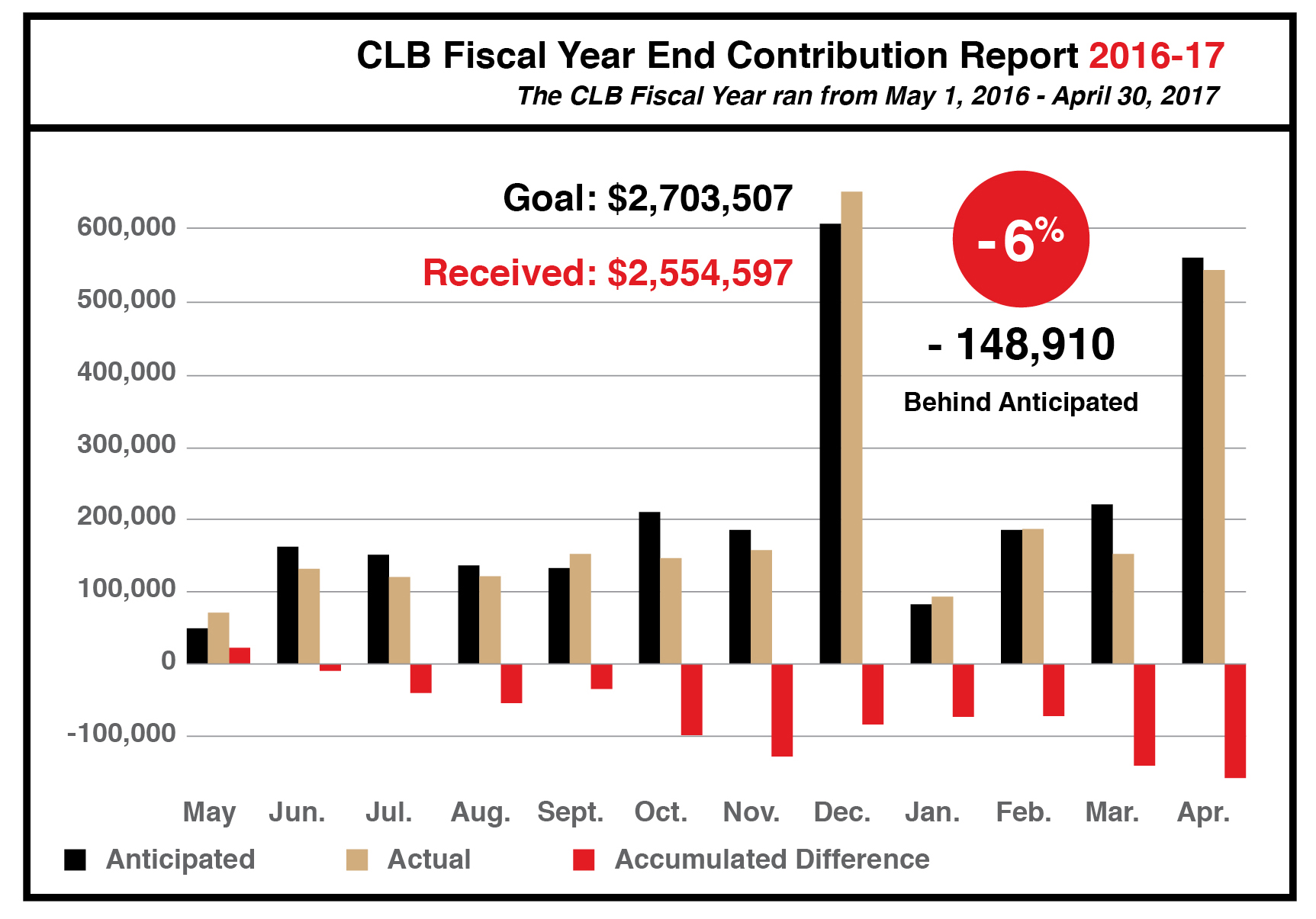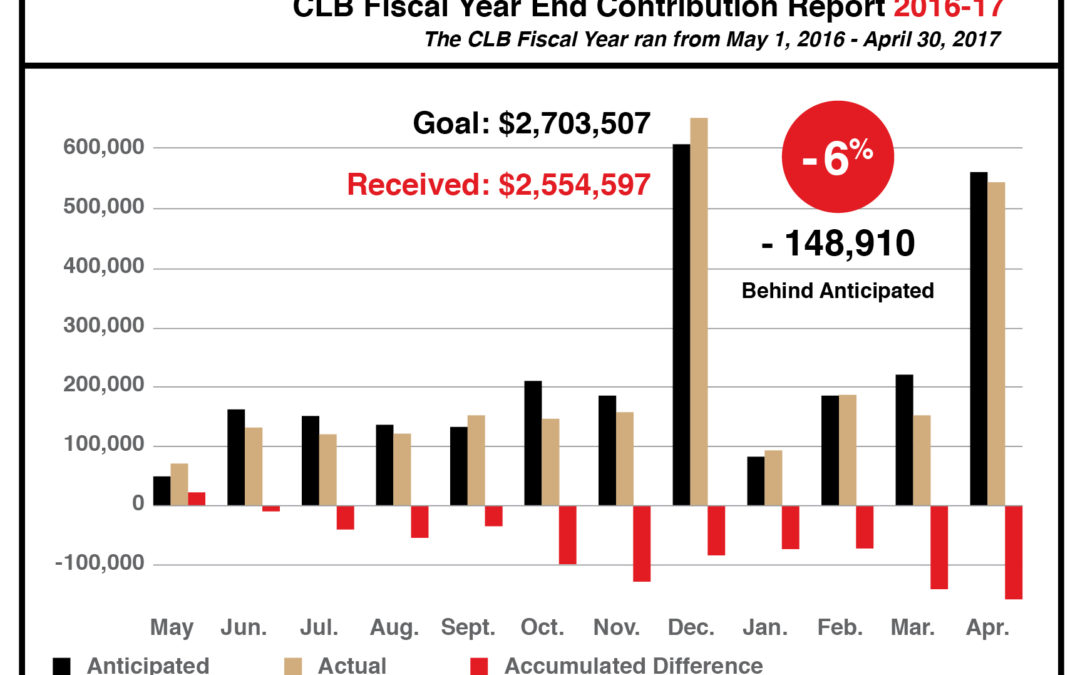
There are many areas of Scripture where we are tempted to add to or subtract from what the Word tells us. Justification by faith alone, for example. This truth has been plagued through the centuries by those who would add to Scripture when it comes to our salvation. In parallel with that thinking is the theology on the nature of humans. We naturally want to think there is something good within us that attracts God to us and which can cooperate with God in salvation. Our old nature is offended by God’s pronouncement that we are by nature “children of wrath” and that “there is no one righteous, not even one; there is no one who understands; there is no one who seeks God. All have turned away, they have together become worthless; there is no one who does good, not even one” (Romans 3:10-12).
The difficult thing for us to come to grips with is that our old nature is alive every morning. Our fight against ourselves, the world, and the devil is a constant one. This battlefield within each of us is part of the cross we bear. As Jesus said, “Whoever wants to be my disciple must deny themselves and take up their cross and follow me” (Matthew 16:24).
Stewardship is also not immune from our natural bent toward changing what Scripture says or using faulty hermeneutics to arrive at a theology of stewardship that fits more comfortably with our Old Adam’s way of thinking. If stewardship were something we must do or should do to please God, then there is something that we can do to attract God’s favor. If the Old Testament law of the tithe is still binding, then words like “must” or “should” are appropriate. But is that how Holy Scripture instructs us?
There are churches that will tell you how much you should give. Some will even request that you provide your annual earnings so they can tell you what you “owe”—like dues in a club. How does the Bible address this issue? Paul wrote, “Each of you should give what you have decided in your heart to give, not reluctantly or under compulsion, for God loves a cheerful giver” (2 Corinthians 9:7). Here is our problem: our old nature doesn’t want to give anything. It will only give if there is a penalty for not giving or an earthly reward for giving. We are by nature not interested in giving away the most important object of our security, power, and freedom—our money. So what is the solution from Scripture for our unwillingness to be good stewards of the things entrusted to us by God?
Romans 12:2 says, “Do not conform to the pattern of this world, but be transformed by the renewing of your mind. Then you will be able to test and approve what God’s will is—his good, pleasing and perfect will.” Our minds are so influenced by the world and our own flesh that they need to be constantly renewed so that our thinking is transformed. That is what happened to the Macedonian believers who gave far more to the church in Jerusalem than they could afford. Paul says the reason that they were so generous in their giving was that “they gave themselves first of all to the Lord” (2 Corinthians 8:5). In what sense did they give themselves to the Lord? Through the work of the Holy Spirit as they meditated upon God’s Word, their thinking was transformed to actually believe that God could be completely trusted to take care of their needs. Then they were free to meet the needs of the saints in Jerusalem.
May we too be transformed in our thinking so that our giving comes from joyful and generous hearts that are dependent upon a loving Father who graciously supplies all of our needs!
Roy Heggland is Associate for Biblical Stewardship for the Church of the Lutheran Brethren.

